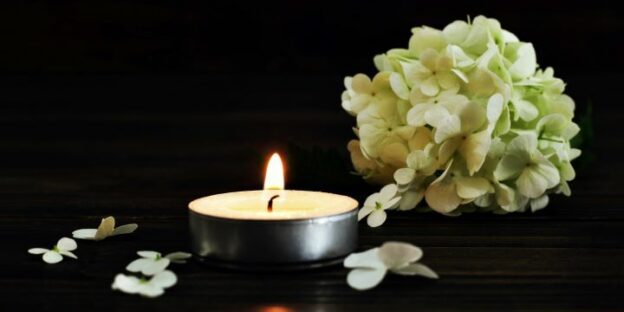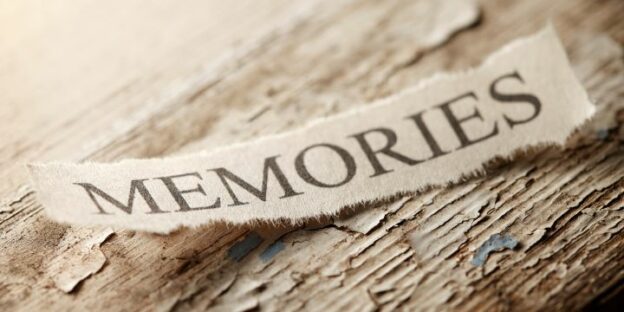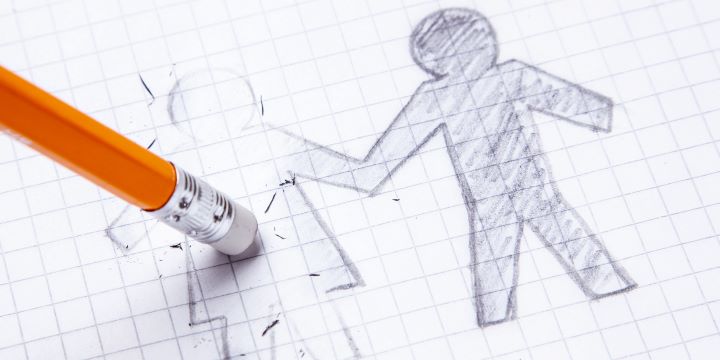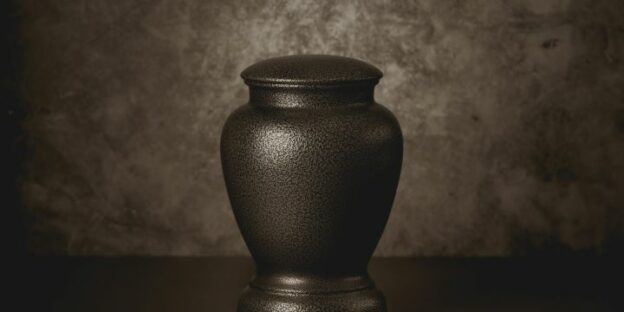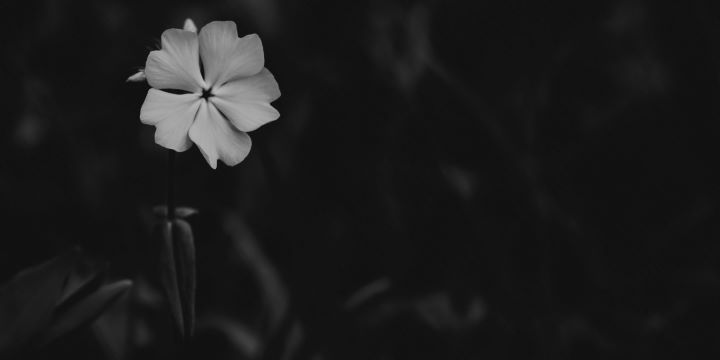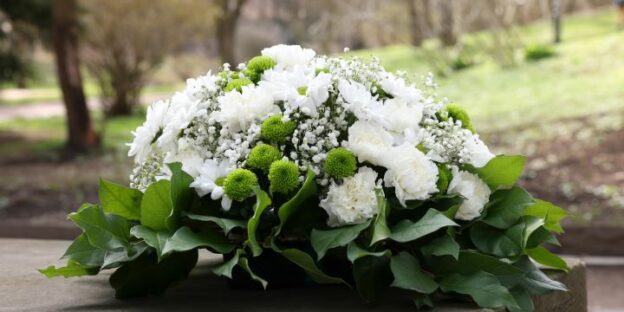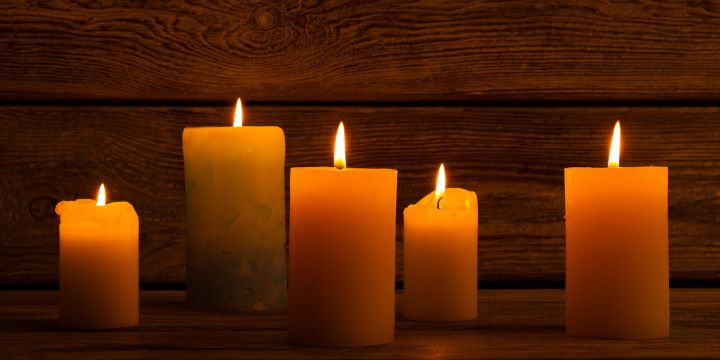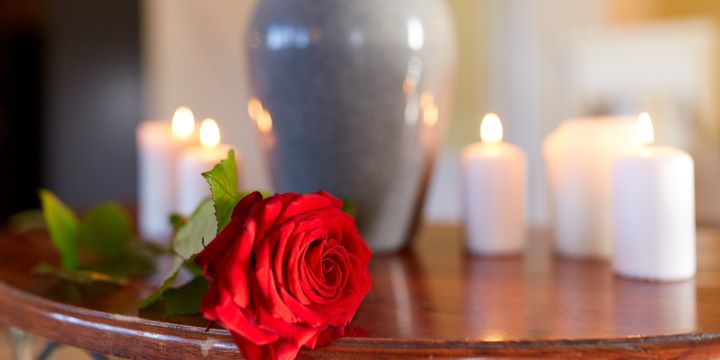In today’s evolving memorial landscape, funeral homes in Waite Hill, OH, are increasingly becoming centers of creativity and personal expression, moving beyond traditional services to offer families unique ways to celebrate their loved ones. Orlando-Donsante-Previte Funeral Home stands at the forefront of this shift, guiding families through the process of transforming grief into a celebration of life that is as unique as the individual it honors. This blog post explores five innovative approaches to memorializing a loved one, reflecting the changing dynamics within the industry and the diverse needs of the communities in Waite Hill, OH.
1. Personalized Memorial Services
Gone are the days of cookie-cutter funeral services. Today, personalized memorials that reflect the deceased’s hobbies, passions, and legacy are gaining popularity. This can include hosting the service at a location that was meaningful to the deceased, such as a favorite park, museum, or even on the family’s property. Incorporating elements that reflect the individual’s interests, such as themed decorations, favorite foods, or music playlists, adds a deeply personal touch that celebrates the uniqueness of their life.
2. Living Memorials
A living memorial offers a way to keep the memory of a loved one alive for generations. Planting a tree, creating a garden, or establishing a scholarship in their name are examples of living memorials that not only honor the deceased but also contribute to the community and future generations. Orlando-Donsante-Previte Funeral Home can help families coordinate these efforts, ensuring that these living tributes stand as a lasting legacy to the loved one’s spirit and values.
3. Creative Keepsakes
The rise of personalized keepsakes allows families to keep their loved one’s memory close in unique and meaningful ways. From custom jewelry containing ashes or fingerprints to handcrafted quilts made from their clothing, these items transform aspects of a loved one’s life into tangible memories. Funeral homes in Waite Hill, OH, are partnering with artisans and specialists to offer these bespoke memorials, providing comfort and a physical connection to those we’ve lost.
4. Virtual Memorials
In an increasingly connected world, virtual memorials have emerged as a way to bring together friends and family from across the globe to celebrate a loved one’s life. Online memorial pages, virtual services, and live-streamed ceremonies ensure that no one is excluded due to distance or health concerns. These platforms often allow for the sharing of photos, videos, and stories, creating a collaborative space for remembering and honoring the deceased.
5. Community Service Projects
Organizing a community service project or charity event in memory of a loved one not only honors their legacy but also channels grief into positive action. Whether it’s a beach clean-up, fundraising for a cause close to their heart, or volunteering at their favorite charity, these acts of service bring people together to make a difference. Orlando-Donsante-Previte Funeral Home encourages families to consider such tributes, offering both logistical support and resources to make these initiatives a reality.
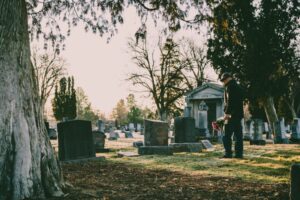
In navigating the journey of grief, the ways we choose to remember and celebrate our loved ones have profound significance. The shift towards more personalized and meaningful memorials reflects a broader understanding of mourning— one that honors the individuality of the deceased and the bonds they’ve formed. At Orlando-Donsante-Previte Funeral Home in Waite Hill, OH, we’re dedicated to helping families find the most fitting tribute, one that turns memories into legacies and grief into healing.
For those looking to explore these options or seeking guidance on celebrating a loved one’s life in a unique way, please visit our website or contact us. Let us help you create a lasting tribute that truly honors the life and spirit of your loved one.
Engage with us today to celebrate a life in a way that’s as unique as the individual it honors. Visit Orlando-Donsante-Previte Funeral Home for more information and support.

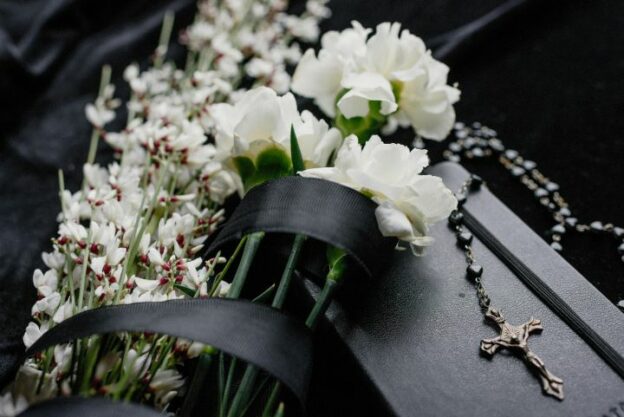
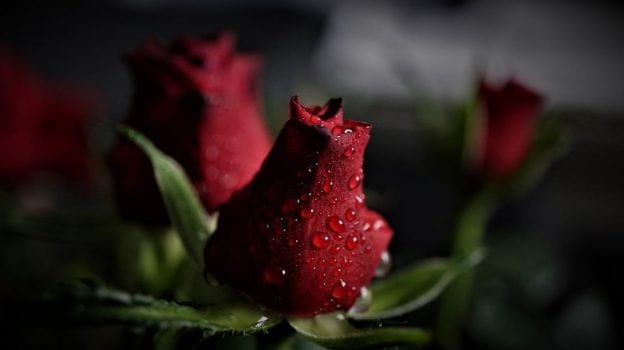
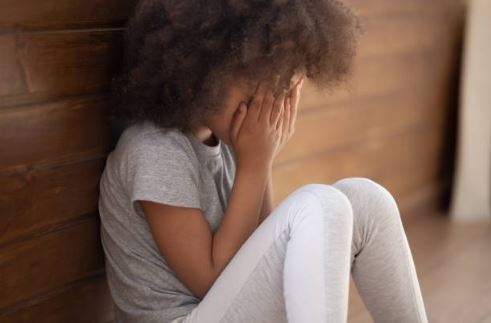
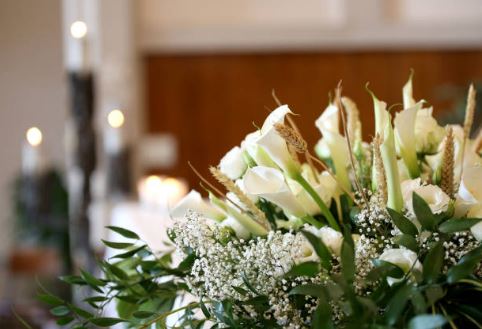
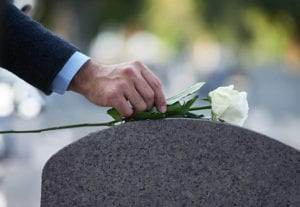 Crafting Meaningful Condolences
Crafting Meaningful Condolences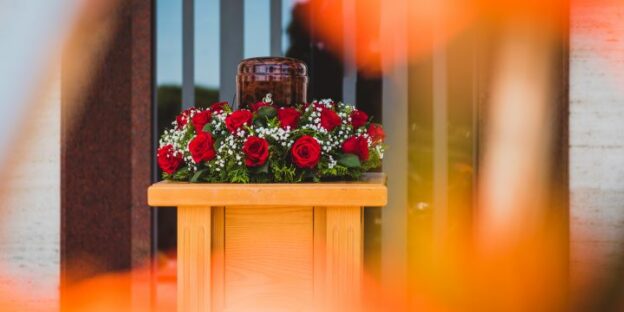
 Among the most significant facets of opting for cremation services is the unparalleled flexibility it offers in customizing the farewell to accurately reflect and celebrate the unique life of the individual being remembered. This customization can manifest in various forms, ranging from a memorial service richly adorned with personal touches that resonate with the deceased’s character, to serene, private moments dedicated to contemplation and remembrance. The breadth of options available is as diverse as the individuals themselves, providing a platform for the sharing of anecdotes, the resonance of shared laughter, and the collective
Among the most significant facets of opting for cremation services is the unparalleled flexibility it offers in customizing the farewell to accurately reflect and celebrate the unique life of the individual being remembered. This customization can manifest in various forms, ranging from a memorial service richly adorned with personal touches that resonate with the deceased’s character, to serene, private moments dedicated to contemplation and remembrance. The breadth of options available is as diverse as the individuals themselves, providing a platform for the sharing of anecdotes, the resonance of shared laughter, and the collective 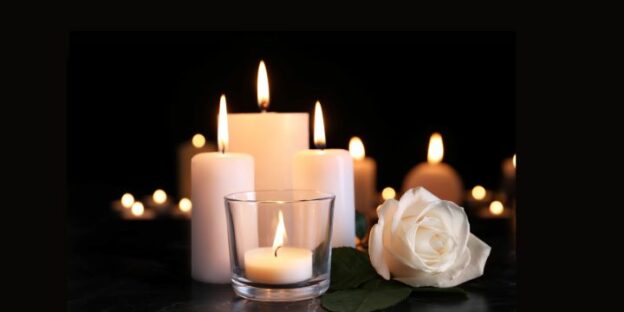
 At the core of every funeral service is the need for personalized care and attention. Families seek a funeral home that not only understands their specific needs but also respects their unique ways of mourning and celebrating life. This entails a careful consideration of various traditions, cultures, and personal preferences, ensuring that every detail is handled with the utmost respect and sensitivity.
At the core of every funeral service is the need for personalized care and attention. Families seek a funeral home that not only understands their specific needs but also respects their unique ways of mourning and celebrating life. This entails a careful consideration of various traditions, cultures, and personal preferences, ensuring that every detail is handled with the utmost respect and sensitivity.